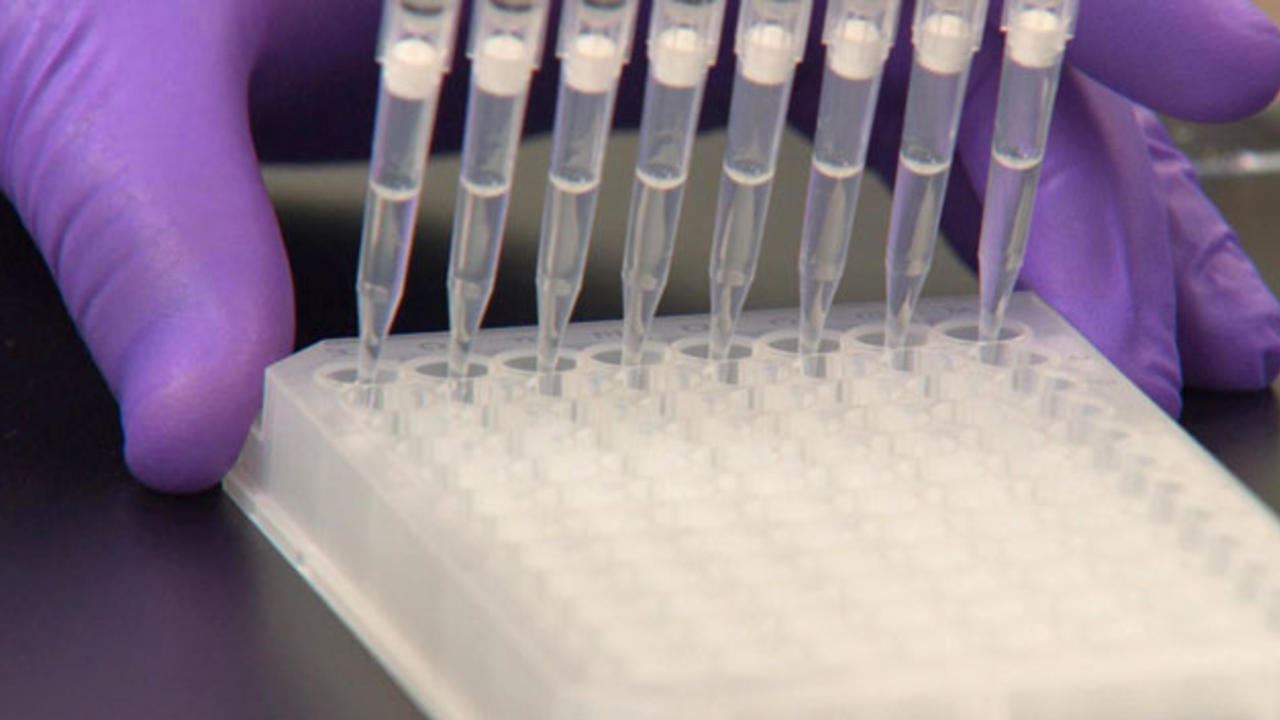WASHINGTON -- College of American Pathologists (CAP) President Emily E. Volk, MD, MBA, FCAP, issued the following statement following the release of the US Food and Drug Administration (FDA) proposed rulemaking on laboratory-developed tests (LDTs) on September 29.
Due to the complexity of the rule and implications for laboratory testing, the CAP is calling on the FDA to extend the comment period to at least 120 days to give stakeholders more time to review the proposal and respond. The proposed rule calls for public comment and recommendations for alternative enforcement approaches.
The CAP appreciates the willingness of the FDA to seek input but believes that a rule of this magnitude and complexity warrants additional time for stakeholder consideration and feedback.
The proposed rule would phase-out the current enforcement discretion approach by the FDA for LDT oversight. Once fully implemented in 2028 all in vitro diagnostics (IVDs) offered as LDTs by a laboratory would generally fall under the same enforcement approach as other IVDs. The current regulatory authority by FDA is based on a three-tiered system with quality management system, registration and listing, labeling, investigational device exemption, and adverse events medical device reporting requirements. The CAP recognizes that the FDA IVD risk classification system is not equivalent to the test complexity classification system used in the Clinical Laboratory Improvement Amendments (CLIA). Each classification system is used to evaluate different aspects of laboratory testing and safety. For example, a high complexity test under CLIA would not necessarily be a high-risk LDT.
The proposal anticipates and seeks comments on a number of exceptions and exclusions from the FDA requirements. The FDA projects that 50% of LDTs would not require premarket review but would be subject to test registration and other requirements.
In the proposed rule, the FDA lays out the argument for why it believes the agency has jurisdiction over LDTs. Some laboratory organizations have asserted that the FDA’s current authority doesn’t extend to LDTs. The CAP will study the legal basis of the FDA’s authority over these tests.
“The CAP requires additional time to evaluate the proposed rule, including the FDA arguments regarding oversight jurisdiction,” Dr. Volk said. “Going forward, we will continue to seek a balanced approach that allows patient access to safe and reliable diagnostic tests supported by a regulatory framework that is the least burdensome for laboratories.”
###

